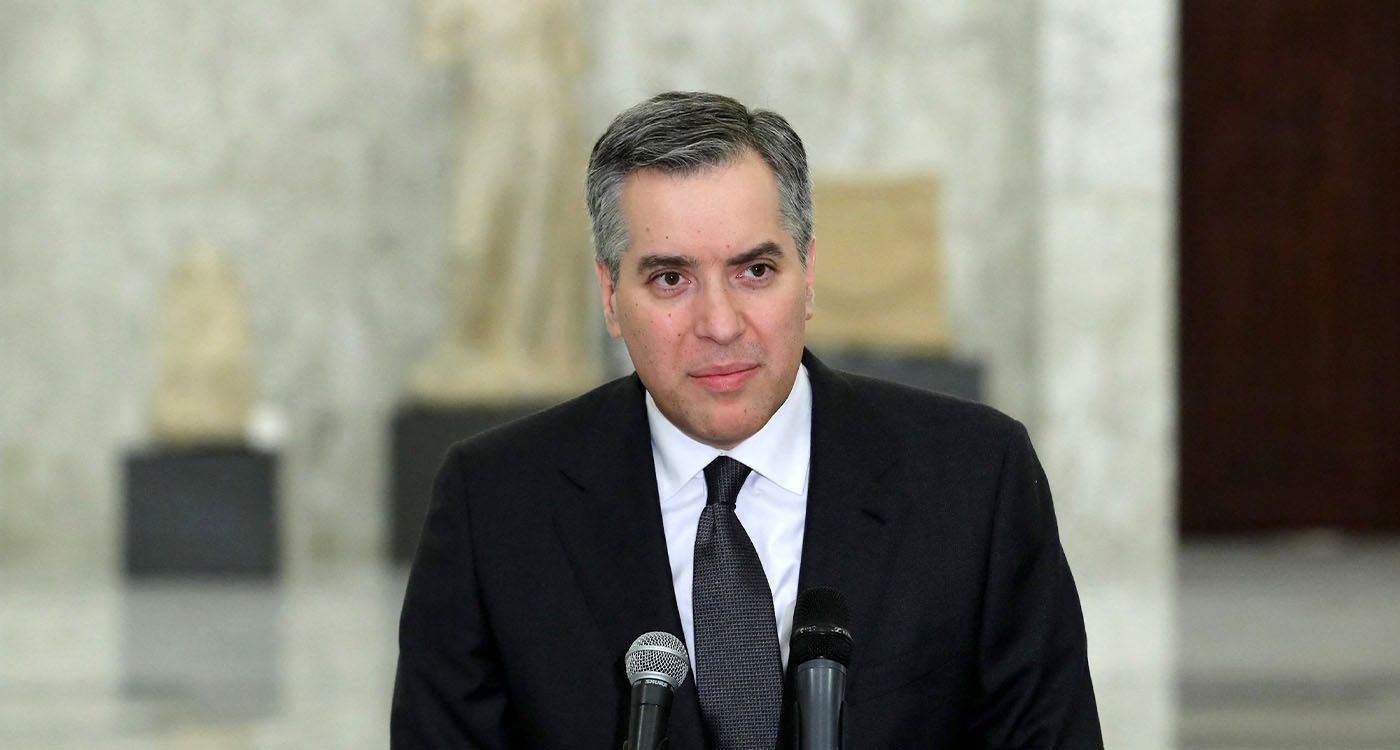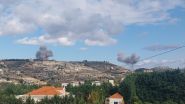
Lebanon's ambassador to UNESCO and Berlin, Moustapha Adib, spoke with This is Beirut about the upcoming special session organized by the UN on November 18 in Paris. The session will focus on enhancing protection for Lebanon's historic sites, which are being threatened by Israeli airstrikes.
UNESCO announced on Thursday, November 7, that its committee on the protection of cultural property in armed conflict will hold an extraordinary session on Monday, November 18, to discuss “enhanced provisional protection” for Lebanon’s historic sites, which are under threat from Israeli strikes targeting Hezbollah. UNESCO stated that the session is being convened “at the request of the Lebanese authorities.”
On the same day, more than one hundred Lebanese MPs appealed to UNESCO to protect Lebanon's historic sites, particularly in the ancient cities of Baalbeck and Tyre. The November 18 meeting takes place at UNESCO’s headquarters in Paris. For more on the meeting and its stakes, ambassador Adib answered TIB’s questions.
What is the aim of this meeting?
In response to the Israeli strikes that targeted the Baalbeck citadel and the historic sites in the city of Tyre, Lebanon’s permanent delegation to UNESCO requested an extraordinary session of the intergovernmental committee established by the 1999 second additional protocol to the 1954 Hague Convention for the Protection of Cultural Property in Armed Conflict.
The aim is to request enhanced protection, a mechanism established by the 1999 second additional protocol to the 1954 Hague Convention for the Protection of Cultural Property in Armed Conflict. The primary objective is to ensure the effective and comprehensive protection of cultural property, regardless of whether it holds international significance.
Cultural property under enhanced protection is granted immunity, which requires parties in conflict to refrain from attacking or using these sites — or their immediate surroundings — to support military actions.
Failure to respect this enhanced protection results in criminal sanctions, as outlined by the 1999 second protocol.
How will this meeting be organized?
The committee (which will meet on November 18, editor’s note) is composed of 12 countries, currently chaired by Finland. A quorum of 8 members is required for the meeting to take place. Lebanon has secured this quorum within the required timeframe. In collaboration with our Ministry of Culture, Lebanon's permanent delegation has prepared a dossier on 34 sites, which will be presented during the session. Based on this dossier, a request for enhanced protection will be submitted. A vote will be required for each individual site. Efforts are being made to ensure the successful granting of this enhanced protection.
I would also like to commend Lebanese civil society for its active efforts in this regard, sending open letters to the Director-General (Audrey Azoulay) and all relevant officials at UNESCO to raise awareness of this issue. Lebanon’s UNESCO World Heritage sites belong not only to Lebanon but to all of humanity.
Furthermore, one hundred Lebanese MPs signed a petition addressed to Ms. Azoulay. In addition, our Permanent Delegation to UNESCO has sent multiple letters and diplomatic notes to Ms. Azoulay and to the Director of World Heritage, Mr. Lazare Eloundou Assomo, following each Israeli strike on the perimeters of these historic sites.
The top priority is to implement a ceasefire. Otherwise, all of the heritage remains at imminent risk of destruction. These historic and archaeological sites, which belong to all of humanity, must be safeguarded.
Is this the first time such a meeting is being held?
Yes. Lebanon requested this meeting on October 5, and it was scheduled for November 18. There has been extensive diplomatic effort to secure the quorum, and many states have responded positively to our request.
What tangible outcomes can this meeting achieve?
The aim is to secure enhanced protection for the historic sites in question. Personally, I am confident. This is a technical dossier, based on clearly defined criteria, along with identifying the imminent threats to each site.
If no progress is made, do you plan to organize similar meetings in the future?
For now, we are focusing all our efforts on the November 18 meeting. The results will be carefully assessed by Lebanon to determine the next steps.



Comments